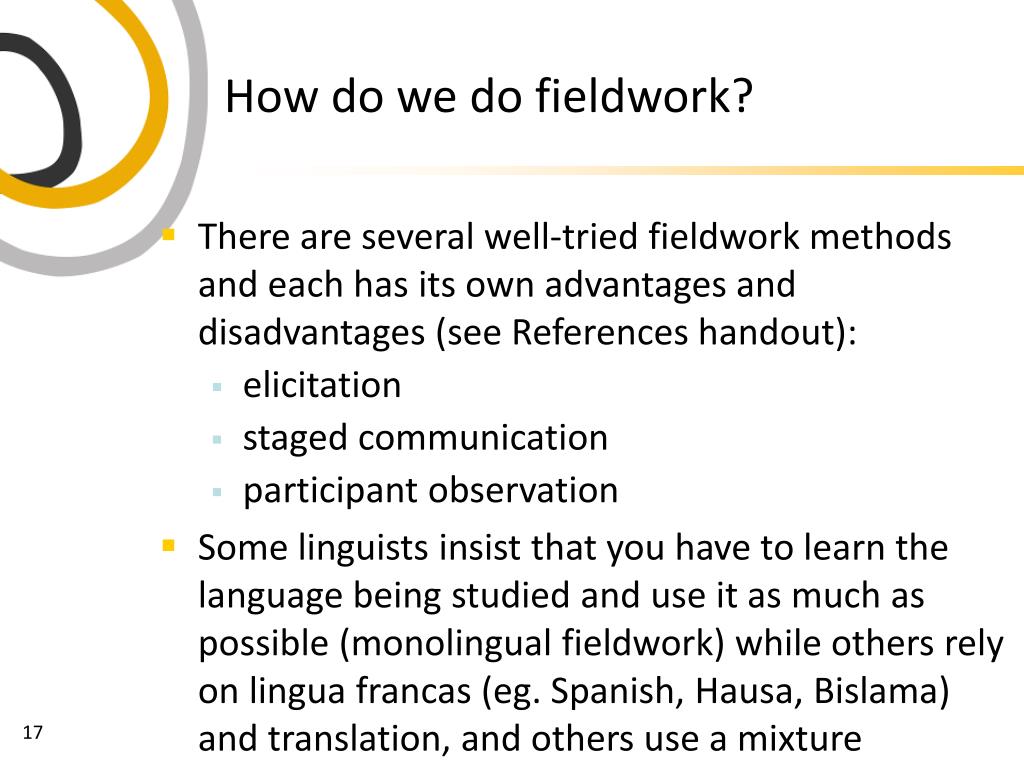

The ability to speak another language has arguably made the world an oyster for people who seek to migrate to another country by vaporizing the supposed language barrier to labor flows. Migration flows today show an increase in the well education, English speaking migrants who seeks work in the developed market economics (DMEs). The economic benefits are not only limited to being able to expand business to other countries – it also enables individuals to work in foreign countries. Knowing the tongue of another country allows one to harness the business opportunities availed by globalization. Multinational firms such as General Electric and Hewlett Packard often make it necessary for country managers to be able to speak the tongue of the country they are posted to for this reason. Like the British students described at the start of this piece, the knowledge and ability to converse in a particular language immediately enables one to do business in another country more easily that if one was to hire a translator one is immediately more personable and able to interact with foreigners to a greater degree. This ability to endear oneself to people of a different society, brought about by a common language, is crucial in doing business in the new globalized world.


It is because of this that many politicians including Myanmar’s Aung San Suu Kyi and Singapore’s Lee Hsien Loong have made it a point to address various segments of their native audience in their native tongues this apparently bridges the perceived distance between them and their people. Studies have shown that being able to speak the language of one’s audience immediately endears one to one’s listeners, as compared to the seemingly impersonal images presented if one speaks in a different tongue.

Without the basic means of communication, they would be unable to interact with the natives, much less to be able to spread the gospel. Early Jesuit missionaries to India and the Middle East in the 1700s were required to learn the languages of their host countries before going. Speaking another language opens up a possibility of communication with an entirely new community of people, an important consideration when one is cognizant of the diversity of ethnic-specific languages. The putative advantages of being multilingual are not unfounded. This was something the travelers and explorers of old were cognizant of: Marco Polo’s grasp of the Chinese language enabled him to open up trade links between Europe and China, while Sir Thomas Stamford Raffles’ familiarity with the Malay language played a part in the extension of the British Empire in the Far East. Ergo, increased globalization means increased interaction with foreigners increased interaction with foreigners means that communications are crucial. With the new globalized world, economic, political and social activities have spread across borders, and it is no longer possible for states to adopt isolationist and insular stances in a world that Thomas Friedman argues “has been made flat” by advances in communications and transport technology. Indeed, all current trends point to an increased emphasis on being multilingual in various countries’ education systems. These students were motivated to do so by the phenomenal rise of China in the 21st century, and believed that by learning the Chinese language, they would have a competitive advantage in being able to do business there. In early 2006, the economist published an article highlighting the increased number of British and American students who were taking Chinese lessons, their non-native tongue, sacrificing traditionally studied languages like Latin or Greek.


 0 kommentar(er)
0 kommentar(er)
